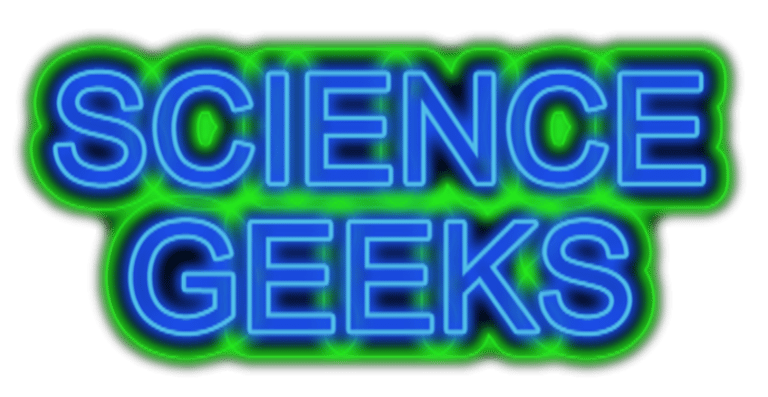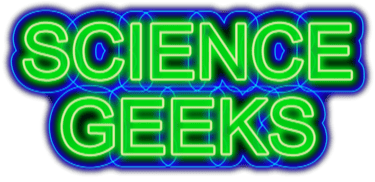
CHEMICAL REACTIONS: HYDROGEN
Lots of thrilling chemical reactions an be seen on this page. Starting with lots of different reactions involving hydrogen - the daddy (or mummy) of all atoms and one of the most abundant materials in the universe! Be thrilled as we investigate how hydrogen can be produced in reactions between metals and acids. Alkali metals and water produce thrilling reactions and lots of hydrogen. Learn how to test for hydrogen too! It's a very explosive gas and dangerous if not handled correctly. Hydrogen - who cares? You should! It's used in all sorts of chemical processes and as rocket fuel and much more. All this and lots more are investigated in the video below.


Here are some fascinating facts about hydrogen:
Abundance in the Universe:
· Hydrogen is the most abundant element in the universe, making up more than 90% of all atoms. It surpasses helium, which is the second most common element.
· On Earth, hydrogen ranks ninth in terms of abundance among the elements.
Atomic Properties:
· Hydrogen has an atomic number of 1 and is the lightest element on the periodic table, with a standard atomic weight of 1.008.
· A hydrogen atom consists of a nucleus with one proton (positive charge) and one electron (negative charge).
· It is the simplest molecule, composed of two protons and two electrons.
Chemical Properties:
· Hydrogen is colourless, odourless, tasteless, and nontoxic.
· It burns with oxygen to form water (H₂O), one of its earliest known chemical properties.
· Hydrogen is highly flammable but does not ignite unless an oxidizer and ignition source are present.
Natural Occurrences:
· Hydrogen is found in stars, giant gas planets, and molecular clouds associated with star formation.
· Charged hydrogen particles interact with Earth’s magnetosphere, creating phenomena like the aurora.
· About 10% of any living organism’s weight is hydrogen, mainly in proteins, fat, and water.
Unique Properties:
· Hydrogen has the lowest density of all gases and is approximately 14 times lighter than air.
· It is the only molecule without neutrons, giving it unique properties not shared by other elements.
· Hydrogen has the greatest heat conductivity among all elements.
Liquid and Metallic Forms:
· Hydrogen becomes a liquid at very low temperatures and high pressure.
· Under extremely high pressure, it can even become a liquid metal.
Remember, hydrogen plays a crucial role in stars, planets, and life itself.
Hydrogen Facts!
This facts below contain key concepts and terms used in chemistry. An excellent way to do some essential chemistry revision before an assessment.

Chemical Reactions Involving hydrogen
Metal and Acid Reaction (Hydrogen Gas Production):
When a metal reacts with an acid, it produces hydrogen gas.
Example: Zinc reacts with hydrochloric acid to form hydrogen gas and zinc chloride:
Reaction of Water with Active Metals:
Active metals like sodium or potassium react with water to produce hydrogen gas.
Example: Sodium reacts with water to form sodium hydroxide and hydrogen gas:
Reaction of Hydrogen Peroxide with a Catalyst:
Hydrogen peroxide decomposes into water and oxygen gas in the presence of a catalyst (usually manganese dioxide):
Electrolysis of Water:
Passing an electric current through water (using electrodes) causes water to split into hydrogen gas and oxygen gas.
Electrolysis reaction:
Reaction of Metal Hydrides with Water:
Metal hydrides (such as sodium hydride or lithium aluminum hydride) react with water to produce hydrogen gas.
Example: Sodium hydride reacts with water:
These reactions demonstrate various ways hydrogen can be produced. Chemistry hydrogen fun!




